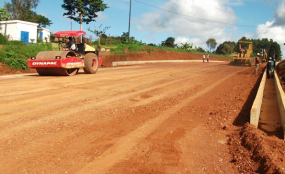Monday’s official briefing on the Cabinet lekgotla announced that President Jacob Zuma would chair a new presidential state-owned entities (SOE) co-ordinating committee. Expected to be in place by year end, its structure will echo that of the Presidential Infrastructure Co-ordinating Commission which Zuma already chairs. This emerged amid the verbal candyfloss from Minister in the Presidency Jeff Radebe on the four-day government lekgotla which ended on Friday.
This decision effectively means Zuma is taking over from his deputy Cyril Ramaphosa, who since December 2014 has chaired the SOE inter-ministerial committee. Is this yet another twist to Cabinet power plays which previously have seen stand-offs with National Treasury?
Like infrastructure, SOEs have long been placed at the heart of government’s economic and transformative policies. But many are deeply troubled. SAA under chairwoman Dudu Myeni, who also chairs the Jacob Zuma Foundation, remains technically insolvent without a R5-billion government guarantee that National Treasury in these tough economic times is reluctant to hand over. Previous guarantees dating back years have not returned the national airline to financial health.
There are issues at Denel, embroiled in controversy over a joint venture with a company with links to the Gupta family and…






